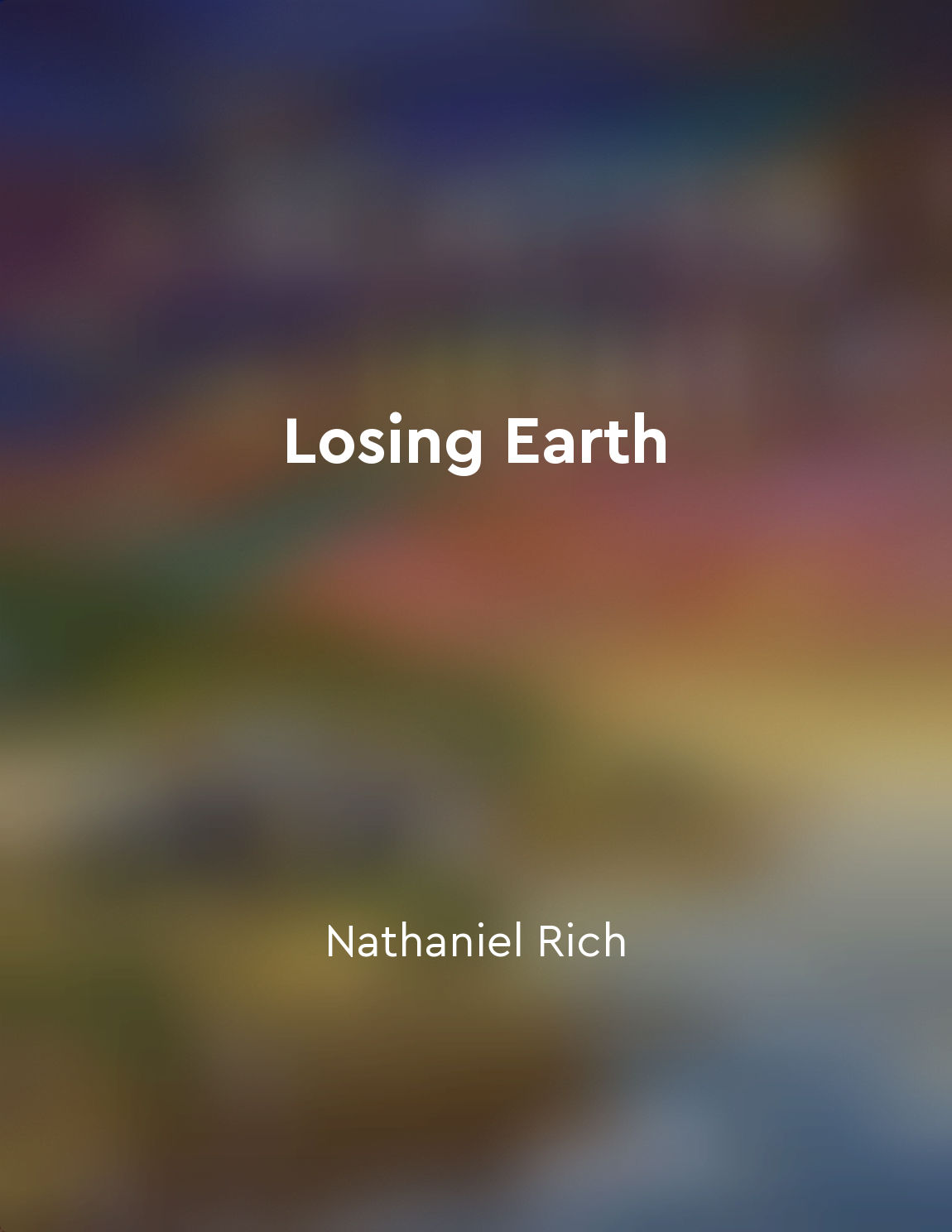Impact on vulnerable communities from "summary" of The Shock Doctrine by Naomi Klein
The concept of impact on vulnerable communities is a crucial aspect of understanding the repercussions of various economic and political strategies. When policies are implemented without considering the specific needs and vulnerabilities of certain communities, the result is often disastrous. These vulnerable communities, such as low-income populations or marginalized groups, are more likely to suffer the adverse effects of these policies. In "The Shock Doctrine," Naomi Klein explores how these vulnerable communities are disproportionately affected by various forms of shock therapy, where radical economic policies are implemented in times of crisis or upheaval. These policies often lead to further marginalization and exploitation of these communities, as they are unable to resist or advocate for themselves effectively. Klein highlights how these communities are particularly susceptible to exploitation and manipulation during times of crisis, as they are already in a state of vulnerability. The implementation of policies that prioritize profit over people further exacerbates their situation, leading to increased poverty, inequality, and social unrest. The impact on vulnerable communities is not just limited to economic consequences; it also has profound social and environmental effects. These communities often bear the brunt of environmental degradation, as they are forced to live in polluted areas or work in hazardous conditions due to the pursuit of profit at all costs.- Understanding the impact on vulnerable communities is essential for creating more equitable and sustainable policies that prioritize the well-being of all individuals, rather than just a select few. By considering the needs and vulnerabilities of these communities, we can work towards a more just and inclusive society where everyone has the opportunity to thrive.
Similar Posts
Challenging the system is a moral imperative
To challenge the system is not merely an act of rebellion; it is a necessary response to the injustices and inequalities perpet...
Through Dasani's story, the reader is invited to confront uncomfortable truths about society
Dasani's story serves as a mirror reflecting the harsh realities of society that many often overlook or ignore. By following he...
Challenging the status quo
The concept of challenging the status quo is not just about questioning the way things are, but about actively working to chang...

Potential for social unrest
The potential for social unrest lies in the growing divide between the entrenched elites and the struggling middle and working ...

Paris Agreement marks global commitment to reduce emissions
The Paris Agreement stands as a monumental achievement in the world's efforts to combat climate change. It represents a unified...
Love and compassion drive social change
Love and compassion are often viewed as personal emotions, confined to the realm of individual relationships. However, these qu...
Climate change presents an opportunity to create a more just and sustainable future
The reality is that our current economic system is fueling the crisis of climate change, exacerbating inequality, and perpetuat...
Economic considerations in sustainability initiatives
The idea that sustainability initiatives must be economically viable is a central theme in the discussion of environmental prot...
Economic competition drives market efficiency
The idea that economic competition is the force that propels markets toward efficiency is a fundamental concept in the study of...
Innovation can drive environmental progress
Innovation plays a crucial role in driving environmental progress by continuously improving technology, processes, and practice...

